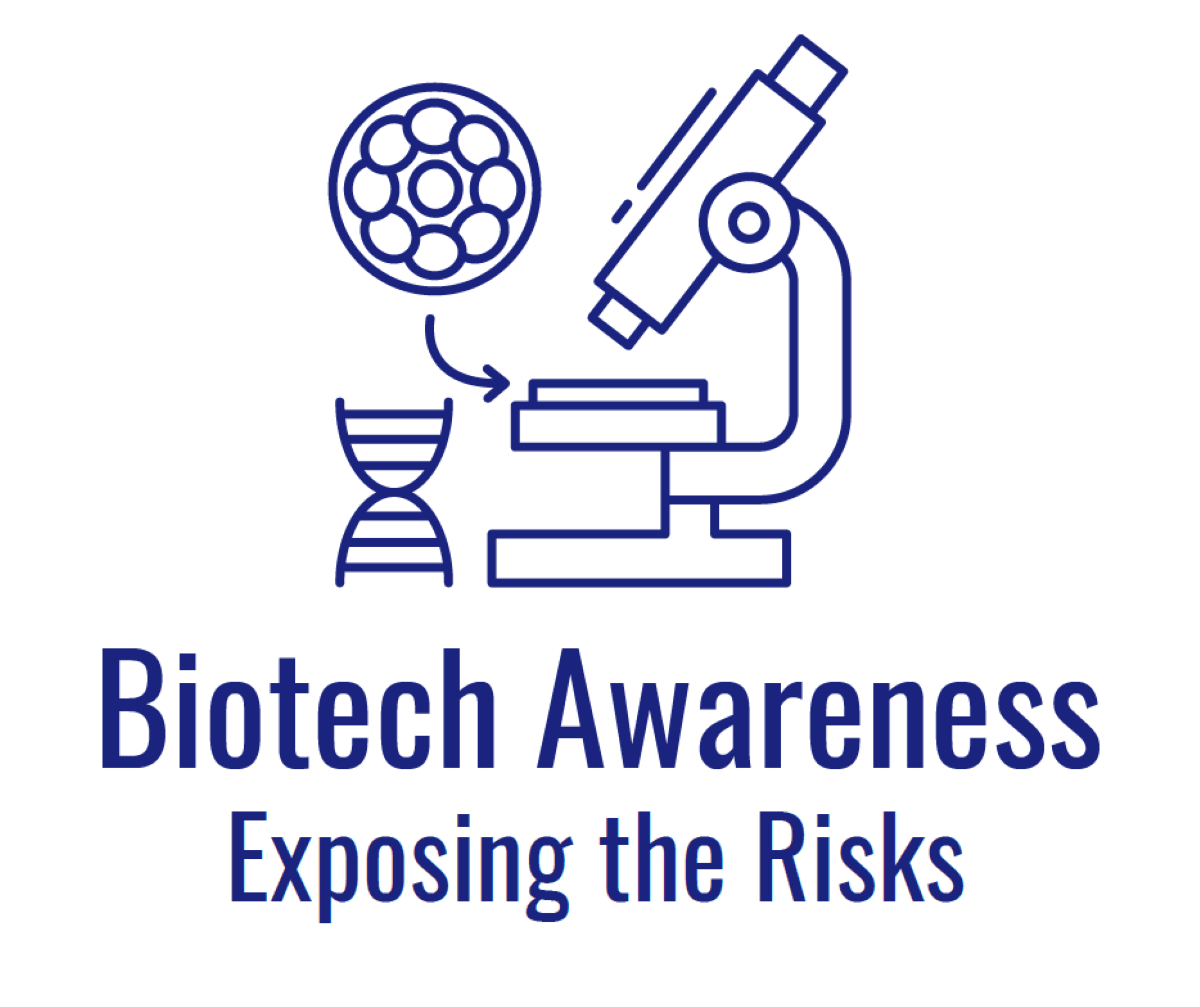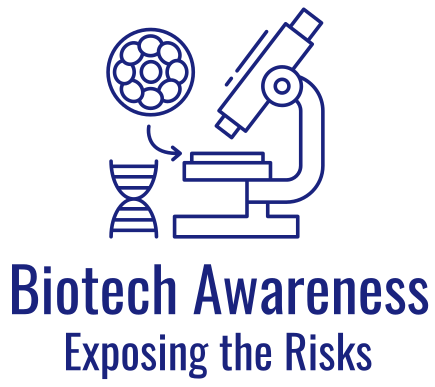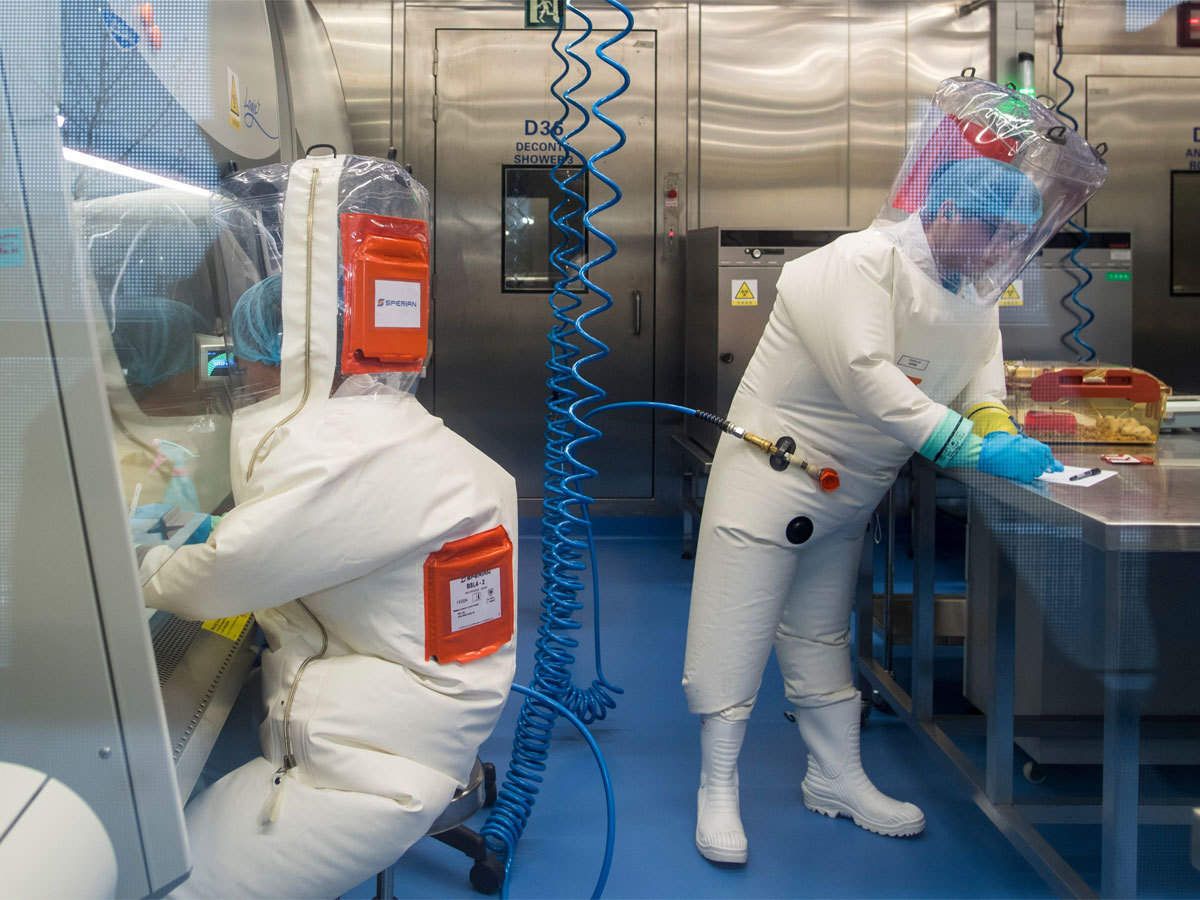RISKS
IN THE BIOTECH INDUSTRY
There are many risks for the biotech industry including numerous business risks and socioeconomic risks, as well as risks relating to allergy, agriculture, bioweapons, environment, ethics, organism pathogenicity and toxicity.
A brief overview of each topic is provided below. Additional information can be found on the following pages.
Agriculture and Environment
Agriculture is negatively impacted by biotech in many ways, including alteration of natural nutritional value of crops due to application of recombinant DNA technology, loss of biodiversity, reduction in the yield of crops and reducing the natural genetic diversity found in agriculture. Risks to biodiversity and wildlife are also important environmental issues. Careful assessment is necessary of the risks associated with the possible creation of new selection pressures coming from the introduction of genetically improved organisms into the environment. Drift of these chemicals to surrounding areas is also a significant concern.
Allergy and Toxicity
Potential health risks of genetically improved organisms relate to minimizing the risk of food allergens in genetically improved food (GMOs). Any protein added to food should be assessed for potential allergenicity. There are several areas of concern with regard to potential human health risks of genetically improved foods (GMOs) including allergy, toxicity, carcinogenicity, food intolerances, the risk of the use of gene markers for antibiotic resistance, other macromolecules aside from protein that could be potential allergens, and nutritional value. Risk of allergy and toxicity can also occur with aerial spraying of pesticides and other chemicals.
Bioweapons
The Biological Weapons Convention (BWC) has an important mandate: It prohibits the 182 countries that have signed on and ratified the convention from developing, producing, and stockpiling biological weapons. However, in practice, it has been ineffective at verifying and enforcing compliance. While advances in the field of synthetic biology will make it easier for us to invent therapeutics and other technologies that can defend us from pandemics, those very same advances may allow state and non-state actors to design increasingly harmful pathogens. Mitigating this risk is shaping up to be one of the major challenges of the 21st century.
Ethical Risks
Advances in biotechnology are escalating the debate of ethical risks -- from questions about altering life to creating it from scratch. For example, a recently announced initiative called GP-Write has the goal of synthesizing an entire human genome from chemical building blocks within the next 10 years. To create a human genome from scratch would be an enormous moral gesture. And what about ways that biotechnology may contribute to inequality in society?
Organism Pathogenicity
Pathogenicity is the capacity of an organism to cause disease. The measurement of
pathogenicity is called virulence. The number of microbes that gained entry to the host, the location of entry, the overall health of the host, and the state of the host’s defenses are also important considerations. It is important to remember there are many variables to take into account in a host-pathogen interaction. If a pathogenic organism is released into the environment, it can cause widespread illness and death. With biotechnology, it would be possible to create diseases using synthetic viruses that would wipe out an entire population.
Other Risks
The biotech industry faces many common business risks (e.g., competition, workplace safety, liability for injuries, funding issues, cybersecurity, theft of intellectual property, etc.). Many of these risks are magnified or intensified for the biotech industry due to the rapid pace of scientific developments and explosive growth of the industry. We discuss the socioeconomic risks and include a list of business risks for the biotech industry. Socioeconomic risks include issues relating to food insecurity and the impact on small farmers. In addition, many people will not be able to afford the price of new medical discoveries and treatments.


